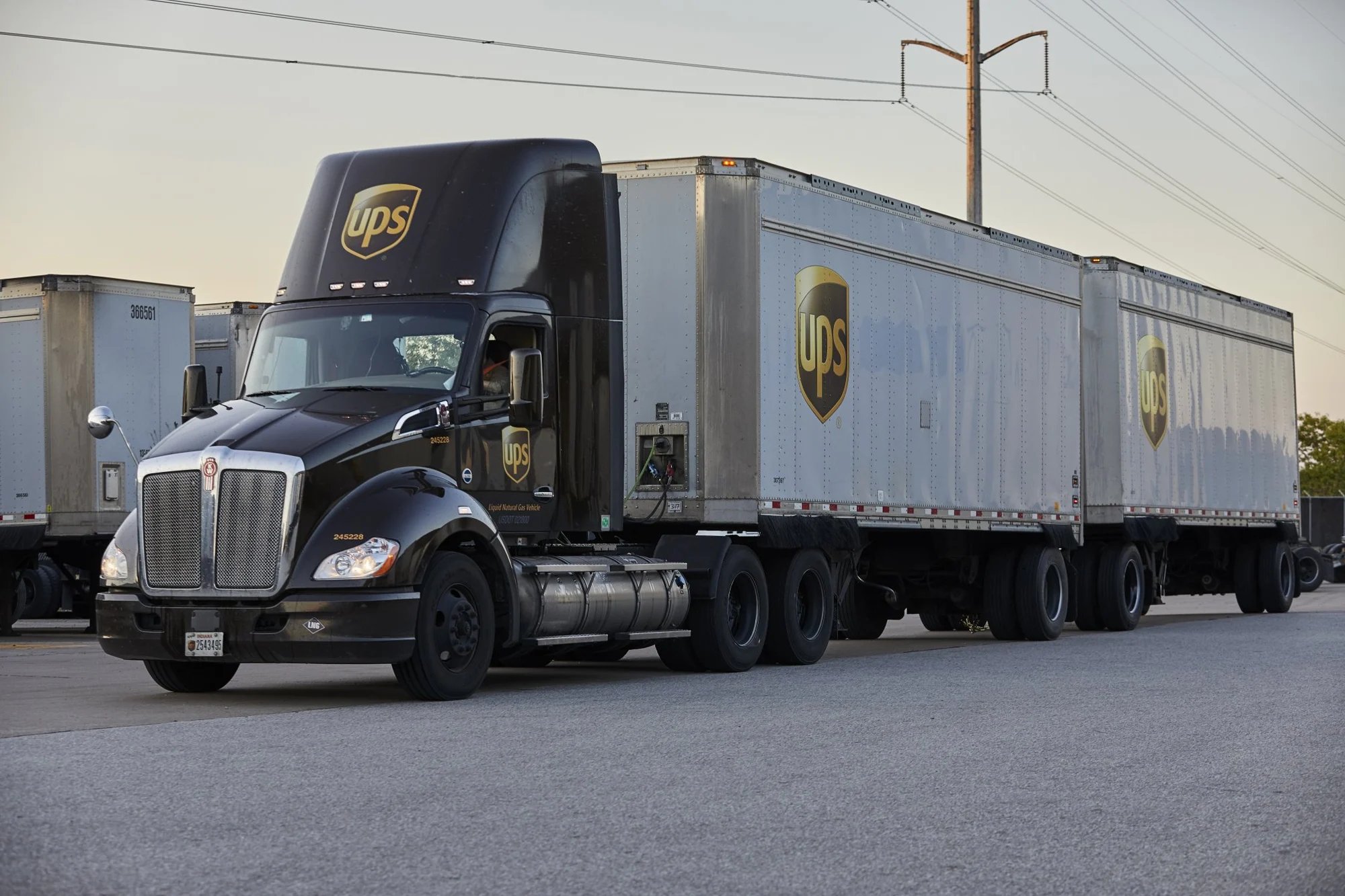Shares of UPS (UPS 1.57%) have remained stable after the company announced a new pricing strategy in May. UPS used to price its shipments solely based on weight; now it factors in size as well.
If you have ever received a very large light box, you know it takes up a lot of space. But the carrier charges the same amount as it would for a tiny box. So, for example, if you had a semi trailer full of huge light boxes and one full of smaller boxes of the same weight, you'd make a far greater amount on the smaller ones.
What does this mean for some of UPS's big customers? Initially this shouldn't affect large retailers too much, as they have contracts with UPS at agreed-upon prices -- but when it comes down to renewal time, it is likely that there will be some increases.
Should shareholders be happy with this decision? According to Motley Fool analyst Blake Bos, since both UPS and FedEx (FDX 1.59%) are doing it, he thinks that investors should be pleased. Dimensional pricing is better aligned with the economics of the business, though investors will have to wait for the next earnings report to get more details about the effect on UPS's bottom line.







